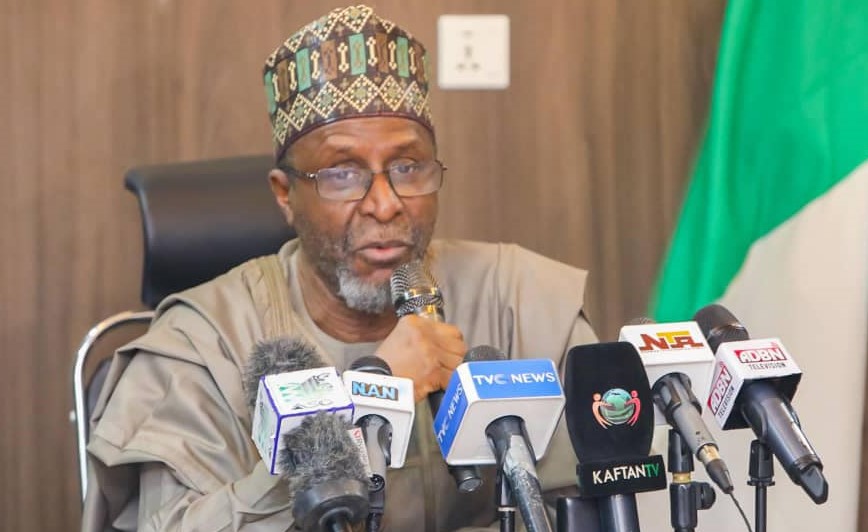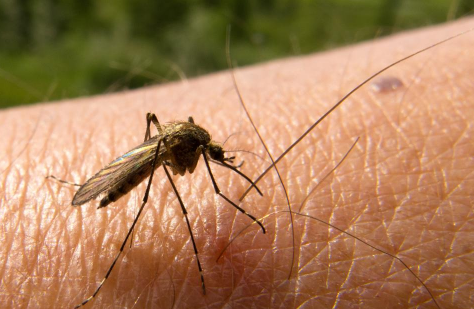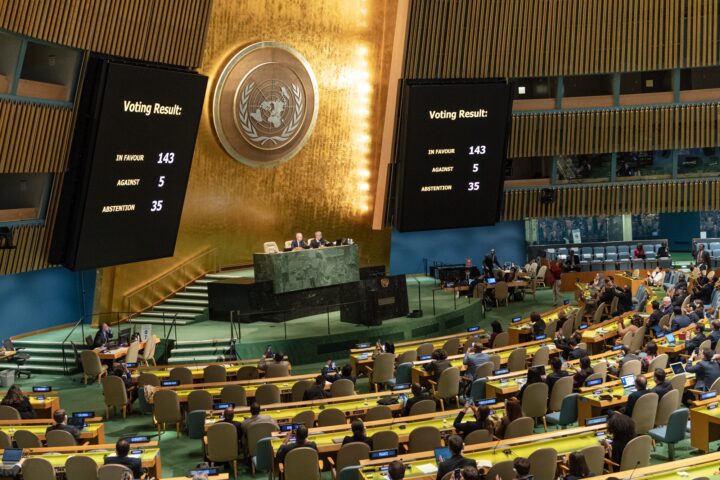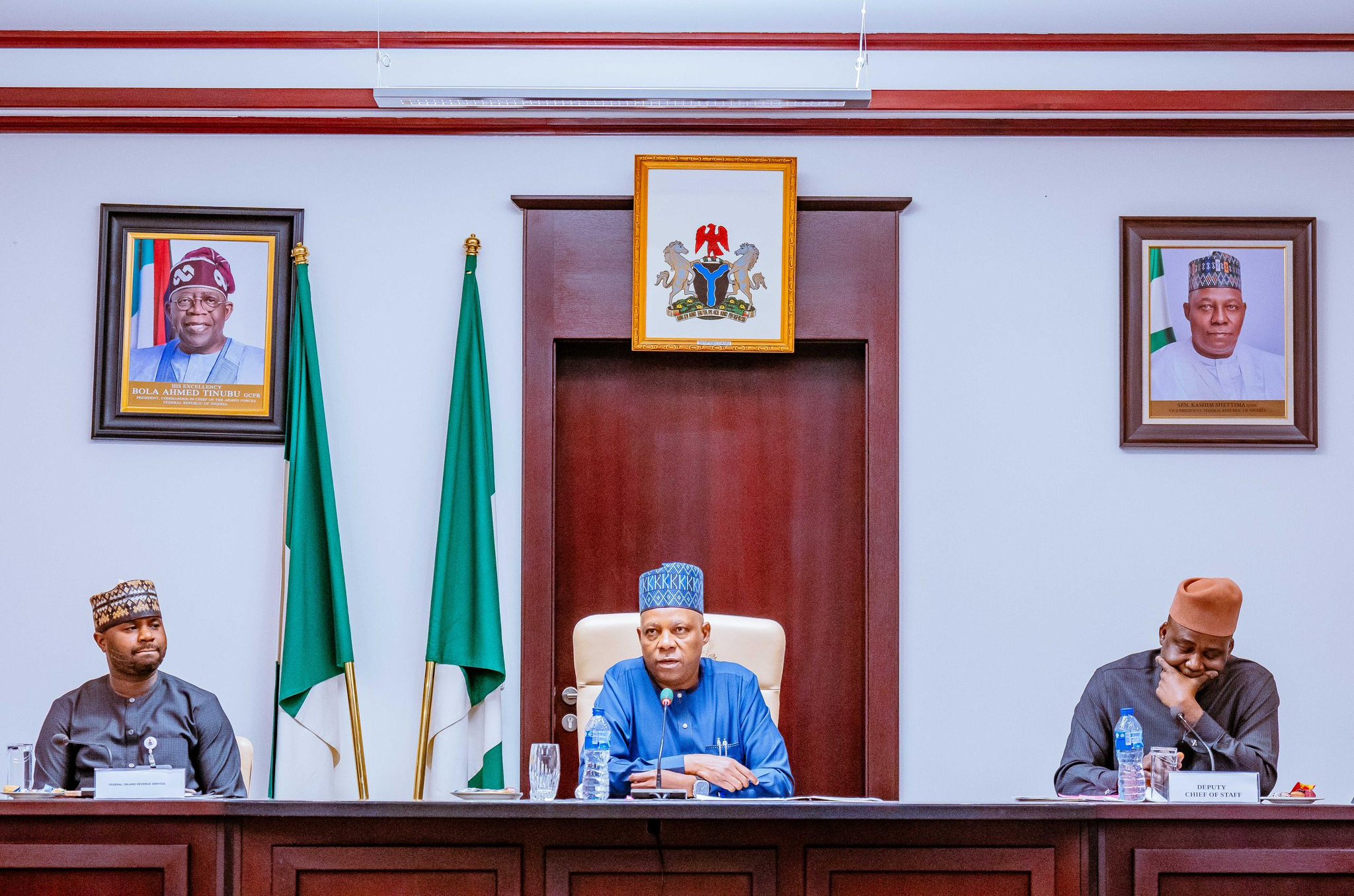Balarabe Lawal, minister of environment, says there is a need to leverage digital solutions in the fight against wildlife crimes and safeguarding biodiversity.
In a statement on Tuesday, Ibrahim Haruna, the ministry’s spokesperson, said Lawal spoke at an event held in Abuja to mark the World Wildlife Day (WWD).
The WWD which is celebrated annually on March 3 was commemorated this year with the theme “Connecting people and planet: Exploring digital innovation in wildlife conservation”.
Lawal said technological advancement has offered unprecedented opportunities to enhance conservation efforts and forge deeper connections between humanity and the natural ecosystem.
Advertisement
He emphasised the need to guard against cyber threats and protect the data integrity of wildlife species globally.
“We must recognize the critical importance of leveraging digital solutions to address the myriad of challenges facing our planet’s ecosystems, notably combating illegal wildlife trade, mitigating habitat loss, and tackling the impacts of climate,” the minister was quoted as saying.
He added that by harnessing the collective power of technology, the world could unite in its efforts to safeguard biodiversity and ensure a sustainable future for posterity.
Advertisement
He also commended the United Nations Office on Drugs and Crime (UNODC) and other development partners for their support for the fight against wildlife trafficking in Nigeria.
On his part, Mahmud Kambari, permanent secretary of the ministry, said the transformative impact of digital innovation in wildlife conservation has been critical to the work that the ministry is doing.
Kambari said projects leveraging artificial intelligence, data analytics, and citizen science have enabled the ministry to gather vital information, engage local communities, and implement targeted conservation interventions.
He said the technological improvement of conservation is important because wildlife plays a key role in maintaining the delicate balance of ecosystems and sustaining life on earth.
Advertisement
Oliver Stolpe, country representative of UNODC office, said research identified that armed groups were involved in illegal harvesting and trafficking of rosewood.
Stolpe spoke on the key findings of the organised crime threat assessment for Nigeria published in 2023.
He also lamented the death of park rangers who are often killed in violent encounters with persons involved in illegal logging in the Gashaka-Gumti National Park.
“We plan to engage young people as agents of change and employ their creativity as well as technological savviness in helping to protect the environment and to show to Nigerians the beauty of their land,” he said.
Advertisement
Add a comment






